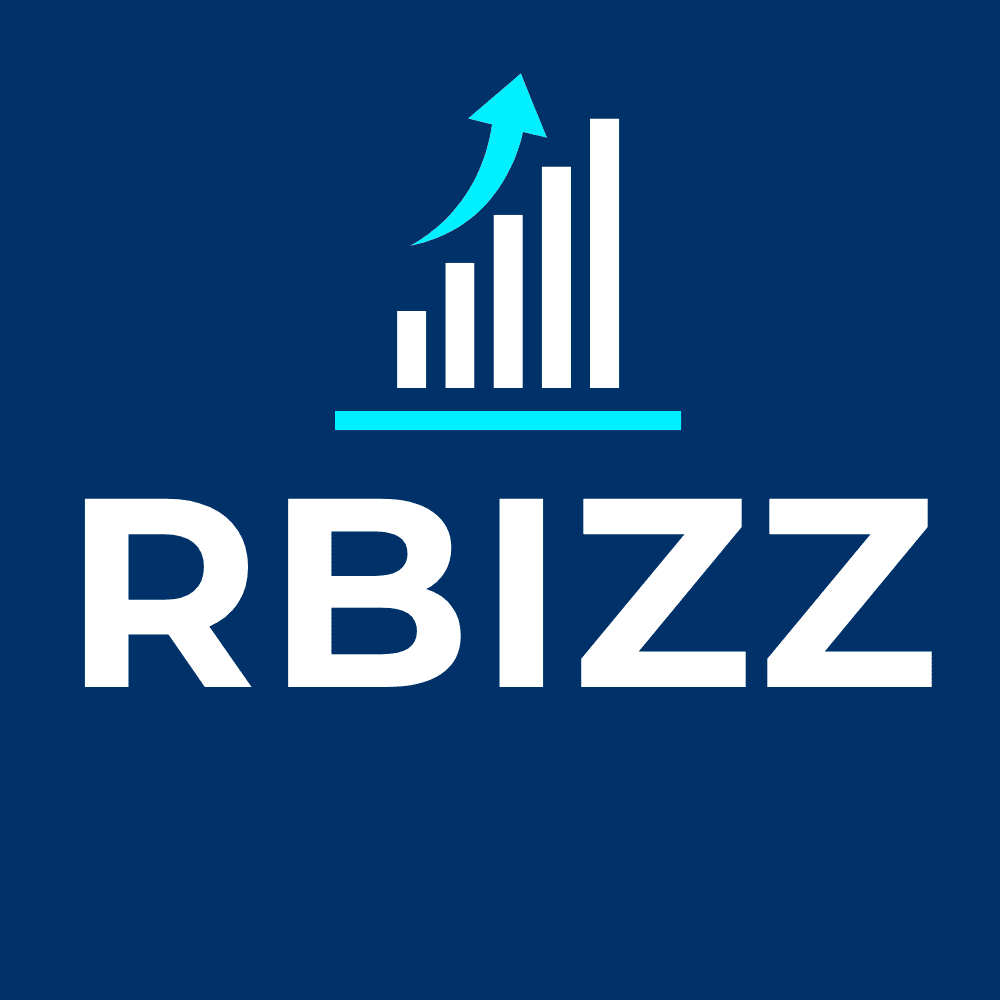5 Tax Planning Tips for Small Business Owners

Impairment testing remains a critical risk area, especially with economic volatility and fluctuating interest rates. Companies must ensure cash flow forecasts and discount rates are realistic. Provisions, such as restructuring or environmental liabilities, require careful estimation and disclosure. Post-year-end events are another area where ASIC has historically identified deficiencies—businesses must evaluate and disclose material events that occur after balance date but before financial statements are signed.
Sustainability disclosures are also taking centre stage. With mandatory climate reporting approaching, companies must start embedding ESG considerations into their reporting processes now. PwC highlights that ASIC will be closely monitoring the quality and specificity of disclosures, and businesses using generic templates risk non-compliance.
The message is clear: companies need to lift the quality of reporting, strengthen internal controls, and avoid complacency. Transparent, detailed, and tailored reporting will be critical to building stakeholder trust and meeting regulatory expectations.
Let RBizz Corporate Accountants guide you through the 2025 reporting season and ensure your disclosures meet ASIC and stakeholder expectations.


































